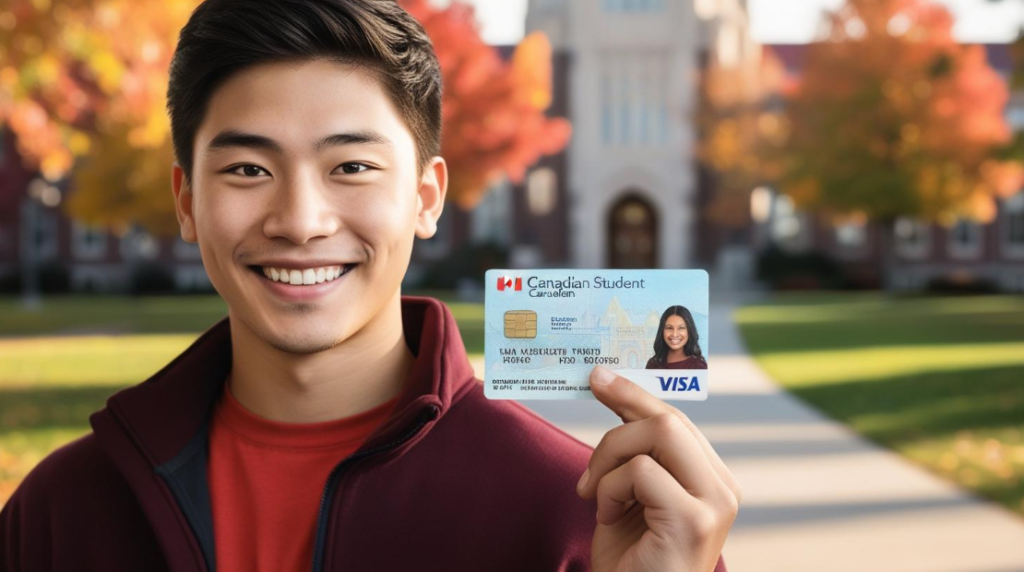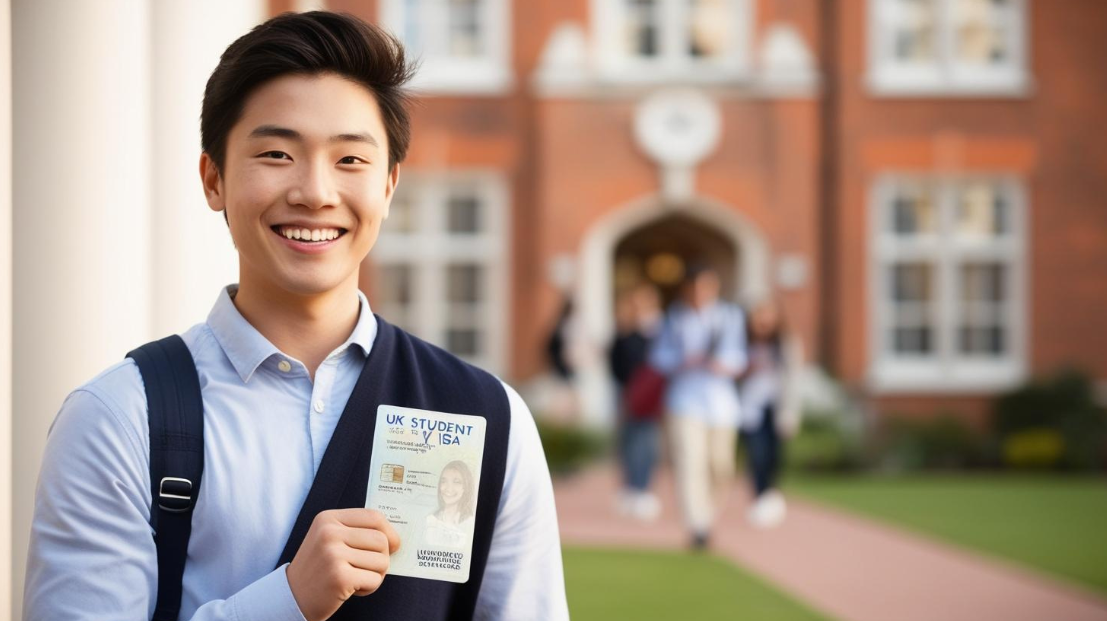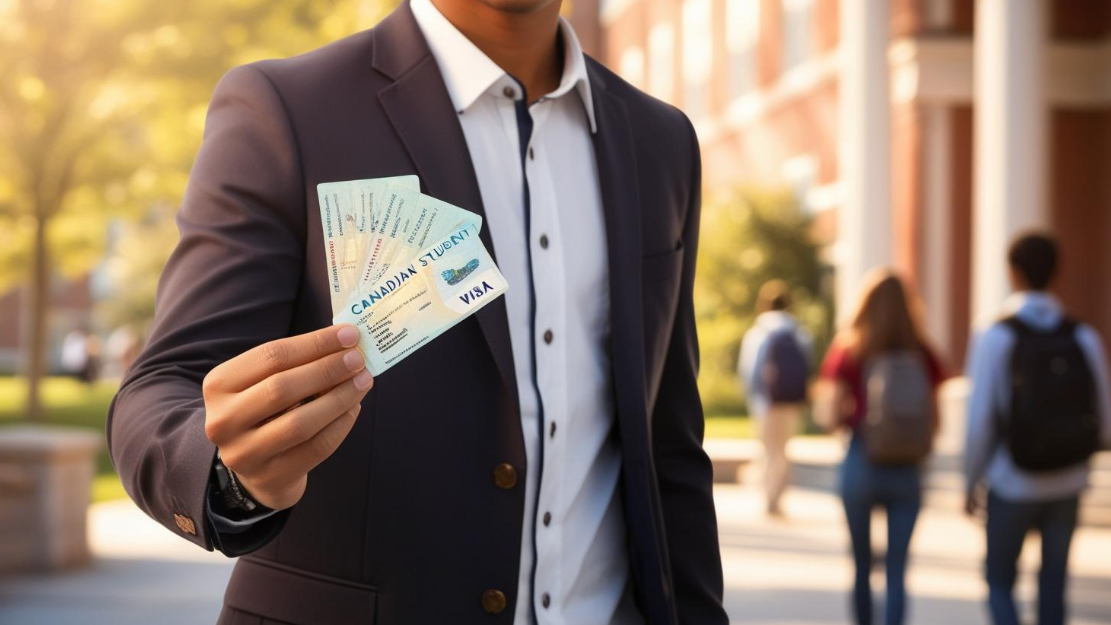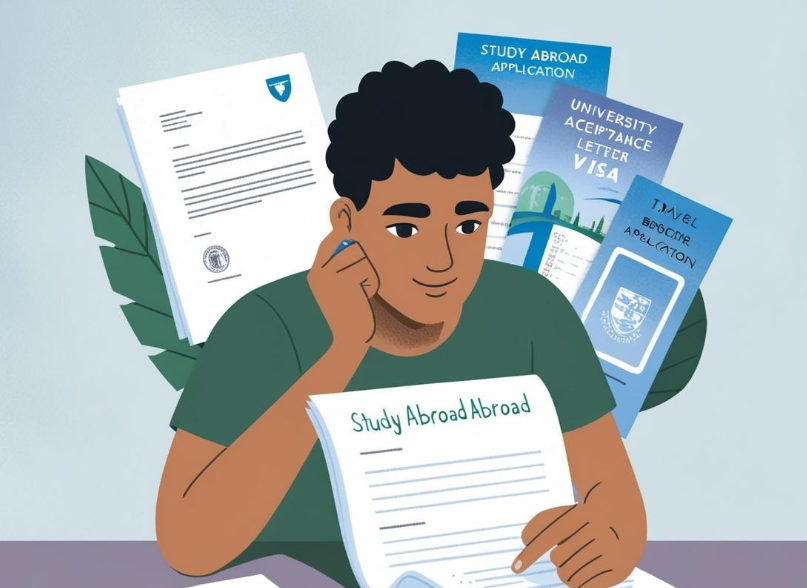There are many requirements by the Canada embassy if you intend traveling abroad or a foreign country. One of the requirement is presenting your account balance to the Canadian embassy. The reason of presenting your account balance is to showcase that you have enough funds in your account that can suffice for you during your stay in Canada, also that can cover all of your expenses and elude you from being a financial burden to the foreign foreign country.
For example, travelling to traveling to America for tourist visa, requires a minimum bank balance of $30,000, otherwise, the embassy would think that you will likely overstay your visa period and start working there illegaly thus constituting a nuisance there.
On this blog post, the required minimum bank balance for Canada student visa, how to provide proof of minimum bank balance for Canada Study Visa, how to save and manage your money while traveling abroad, and other frequently asked questions about minimum balance for travelling abroad, are all answered in this article.
What is the Minimum Bank Balance for Canada Student Visa?
The required minimum bank balance for Canada student visa as according to the Canadian immigration is a minimum amount of CAD$20,635 which should be available for each year of your stay. In addition, you must prove that you have resources necessary for a return trip.
How to Prove Minimum Bank Balance for Canada Student Visa
You can can prove that you have the minium bank balance for Canada student visa through any of these following ways:
- Provide your bank draft that convertible to Canadian dollars.
- Provide your last 4 months bank statement.
- provide that you have student or education loan.
- provide a letter gotten from a school or a person that has supported you with funds.
- Provide a guaranteed investment certificate (GIC) from a participating financial institution in canada.
- Provide evidence of funding made within Canada especially when related to a Canadian-funded educational programme or scholarship.
- Provie the funds in your Canadian bank account if you have any.
- Provide evidence of payment of house and tuition fees.
What to do with your Bank Account After Travelling to Canada?
Many tends to ask this question of what happens to my bank account after I have travelled abroad?
As a matter of fact, when your visa must have finally been granted, it is very necessary to inform your bank the locations you are traveling to and the dates/duration of your travels. This is because, this process will allow you to continue using your credit cards and debit cards wherever/whenever without any fraud detection on your accounts being triggered, which could stop you from using your cards. Thus, if you travel abroad without prior notice to your bank, any subsequent transactions in your account might be tagged fraudulent, and your accout may be frozen tiil furthr notice.
How to Contact your Bank to inform them that you are Travelling Abroad?
There are two major and easier ways to notify your about your travelling which is either by calling your bank directly and informing them about your movement or, to log in to the your bank’s websites. Most banks have ‘overseas travelling’ or similar in their bank apps. You will have to click on it and input your travel details. If the option is not provided in your bank app, then you can send them a secure message from the website, and while sending it, make sure to include the last four digits of all your account numbers. Also, make sure to include date of departure and date of your return. Also, make sure to include all of your layovers.
If these two ways doesn’twork out, then you will have to visit the bank in person, although some banks would still direct you to use their websites.
Best Tips for Managing your Funds while Traveling Abroad
Managing of funds when visiting a country you have never been to before, coupled with a different currency can seem to be quite a problem for first time travelers. IUschools has provided you with the best tips that will guide you through on how to manage your money while travelling to a foreign country and they includes the following tips:
- Always use online banking: When traveling to foreign countries, online banking is highly recommended so that you can monitor your account activity. By accessing your bank account online, you easily track your account balance and transaction history from anywhere in the world. Regularly checking your account lets you keep on top of any suspicious transactions. You can also protect yourself from ATM scams by handling everything from your phone or laptop.
- Inforing your bank about your traveling plans: You should also inform us when you plan to travel abroad.This is because we have fraud detection systems in place to identify unusual or suspicious activities on your checking account, including transactions made in a foreign country. If we detect such activity, transactions could be flagged as fraudulent, which could cause inconvenience and disruption to your travel plans.
- Set up an automatic bill payment: Before traveling, it’s a good idea to set up automatic or online bill pay for any regular expenses back home, such as rent, utilities, or credit card bills. This way, you can ensure your bills are paid on time and avoid late fees or penalties. When you pay bills automatically, it also gives you peace of mind knowing that your finances are being taken care of while you’re away.
- Avoid using ATMs in remote or isolated areas: If you do find yourself needing to use an ATM while traveling abroad, it’s best to avoid machines located in remote or isolated areas. These machines may be more susceptible to card skimming or other types of ATM fraud. Instead, try to use ATMs located in well-lit, populated areas, such as inside a bank or shopping center.
- Avoid using public Wi-Fi while banking online: Using public Wi-Fi for banking while abroad can pose a significant risk to the security of your financial information. Public Wi-Fi networks are often unsecured and easily accessible to cybercriminals who could potentially gain access to your login credentials, credit card numbers, savings accounts, and more. To ensure online banking security, use a trusted network, such as your mobile network or a personal hotspot, when conducting financial transactions.
- Always have backup funds: This is avery important tip to note down as you are traveling abroad. It’s always a good idea to have a backup plan when it comes to your finances while traveling. If your primary payment method is blocked or stolen, having access to backup funds can help you avoid getting stuck without money. Another option is to give a trusted travel companion, such as a spouse or friend, access to your backup or savings account in case of financial difficulties. You can also make sure to keep backup funds in a separate account or on a prepaid card you can access if needed.
Conclusion
If you really wish for your visa to be granted, then you really need to fulfill one of the most important requirement, which is having the minimum bank balance for Canada Student Visa, and other requirements necessary before your Canada student visa could be granted, and to also to enjoy your stay over there.



